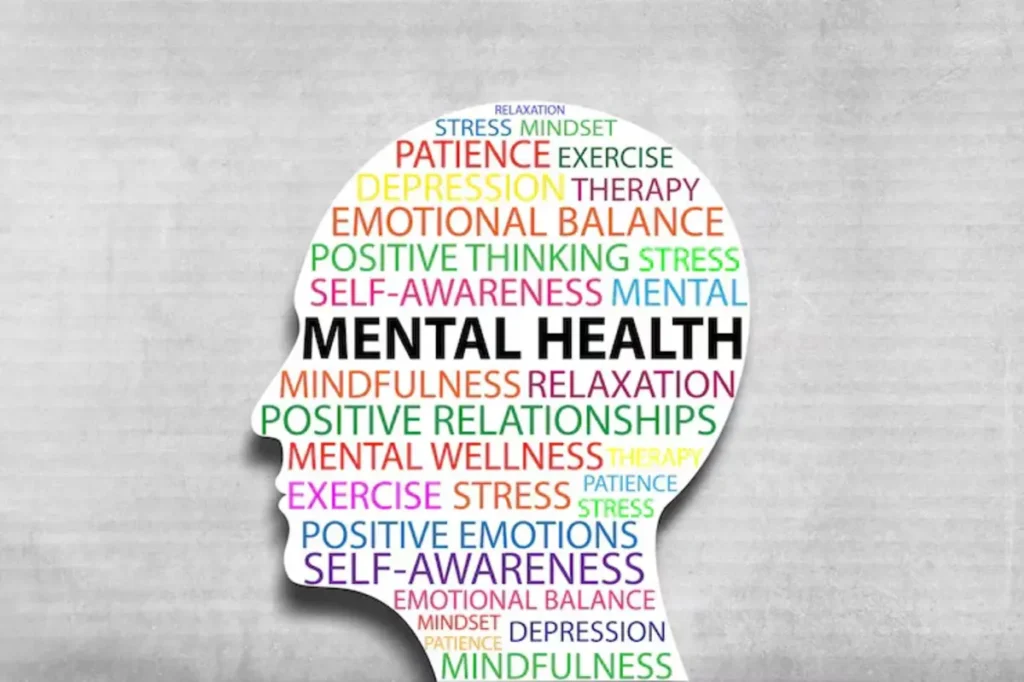-
129, Block-A Bangur Avenue, Mousumi Appartment, Kolkata 700055
129, Block-A Bangur Avenue, Mousumi Appartment, Kolkata 700055

Discover how mental awareness can enhance focus and productivity for remote workers. Insights from one of the best psychological counselors in Kolkata on reducing stress and boosting well-being.

Remote work offers flexibility and freedom but comes with unique challenges that can disrupt focus, productivity, and mental well-being. Without the structure of an office, remote workers often find themselves juggling distractions, isolation, and stress, leading to challenges with focus and motivation. In this guide, we explore how cultivating mental awareness can help remote workers stay centered, productive, and resilient.
Mental awareness—the practice of being conscious and present with one’s thoughts, emotions, and environment—plays a key role in managing remote work challenges. By actively practicing mental awareness, remote workers can boost their focus, respond to stress more effectively, and achieve a sense of work-life balance.
Mental awareness can help remote workers by:
Building mental awareness involves practices that increase your ability to remain centered and focused throughout the workday. Here are some practical methods to help remote workers achieve mental clarity.
Starting your day with clear intentions helps frame your focus and productivity. Take five minutes each morning to outline your top priorities and set a positive intention for your day.
Benefits:
Stress and distraction can overwhelm even the most dedicated workers. Practicing deep breathing exercises when you feel your focus slipping can help calm your mind and bring you back to the present.
Deep Breathing Exercise:
Benefits:
A well-organized workspace can serve as a powerful mental cue for “work mode.” By setting up a dedicated area, you create a physical boundary between work and personal activities, which promotes focus and reduces distractions.
Tips for an Ideal Workspace:
Benefits:
Beyond daily focus tips, developing long-term mental awareness practices can provide remote workers with sustained emotional resilience and improved productivity. Here’s how you can cultivate deeper awareness:
Taking short, mindful pauses allows you to check in with yourself, recognize early signs of stress, and address them before they escalate.
How to Practice Mindful Pauses:
Benefits:
Checking in with your emotions helps you understand how your mental state may affect your work and focus. Recognizing when you’re stressed, fatigued, or distracted allows you to make adjustments.
Sample Check-In Questions:
Benefits:
Ending your workday with a ritual can help reinforce boundaries between work and personal life. Use this time to reflect on your achievements, set goals for tomorrow, or engage in a relaxing activity.
Ideas for End-of-Day Rituals:
Benefits:
For remote workers facing ongoing challenges with focus, stress, or motivation, professional support can be invaluable. Consulting with the best psychological counselor can provide personalized techniques for enhancing focus, reducing stress, and building resilience.
When to Seek Help:
Engaging with a psychological counselor can give remote workers structured tools to cultivate mental awareness, create balance, and boost productivity. Minds Eye, recognized as the best psychological counselor in Kolkata, offers strategies for maintaining a healthier and more focused mind.

Q: How does mental awareness help in remote work?
Q: Are there specific tools for practicing mental awareness?
Q: How often should I practice mental breaks during the day?
Q: Can practicing mental awareness help with work-life balance?
Q: Is professional counseling helpful for improving focus?
Mental awareness is more than just a productivity tool; it’s a means of creating balance, focus, and well-being in remote work. By incorporating simple practices like daily intentions, mindful pauses, and regular check-ins, remote workers can build resilience against distractions and stress.
For those seeking extra support, consulting with the best psychological counselor in Kolkata, such as Minds Eye, can be a valuable step in achieving greater focus and emotional stability. With the right approach, mental awareness can transform the remote work experience, fostering a healthier, more productive, and more fulfilling routine.